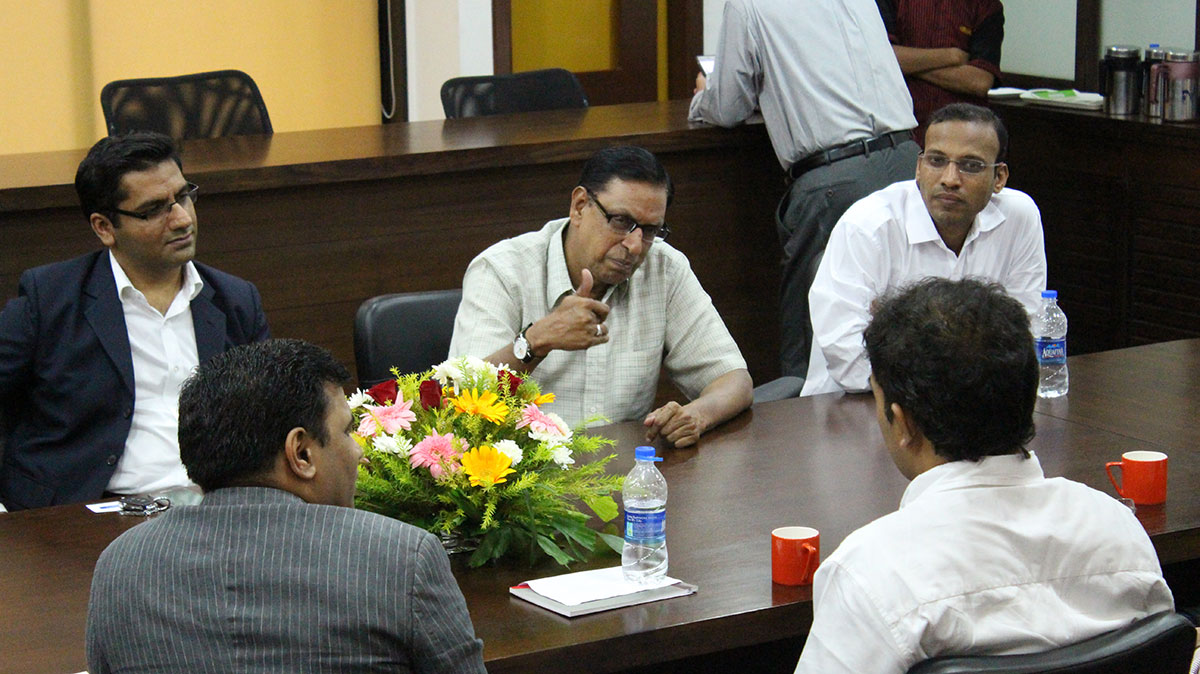Home > Research & Publications
The purpose of setting these guidelines is to maintain integrity in research. These guidelines are to deter a researcher from indulging in any unethical practices in the research work. Unethical practices in research include plagiarism, manipulating and fabricating of data or results, or misrepresentation of credentials in the proposal, reviews or reporting of result findings.
Wikipedia defines Plagiarism as the "wrongful appropriation" and "stealing and publication" of another author's "language, thoughts, ideas, or expressions" and the representation of them as one's own original work. Plagiarism by students, professors, or researchers is considered academic dishonesty or academic fraud, and offenders are subject to academic censure.
The idea is, a researcher should, explicitly quote the references and / or mention the name of the source along with the author while writing the part where such ideas / thoughts / views are being mentioned by the researcher.
Ideally, the researcher should not resort to any plagiarism at all (zero plagiarism level). However there can be some isolated cases where the researcher will quote some ideas / views / thoughts from earlier research while writing the report may be, in chapters related to literature review or other theoretical chapters. Sometimes the key words / ideas may be repeated inadvertently. Keeping this in mind and also the fact that such guidelines are issued for the first time, a maximum of 7% plagiarism will be allowed by the faculty and students in research work, paper publication and assignments.
As a policy this should be circulated to faculty, students and other researchers explicitly at the very beginning.
In case the plagiarism is beyond the tolerance level mentioned above (30 per cent), the assignment, research report shall not be accepted and the researcher / student shall be asked to resubmit the same. If it is part of an assignment to be submitted by the student, it should not be accepted and he / she should be asked to resubmit. If the resubmitted assignment is also beyond the plagiarism tolerance level, the assignment will be treated as null and voids and no marks will be awarded for the same.
For a faculty in such case, he / she will be debarred from getting any benefit from the institute towards research grant / incentive for a period of 1 year.
These guidelines should be read in consonance with the guidelines issued by the Regulators like University, UGC, AICTE, among others from time to time.
